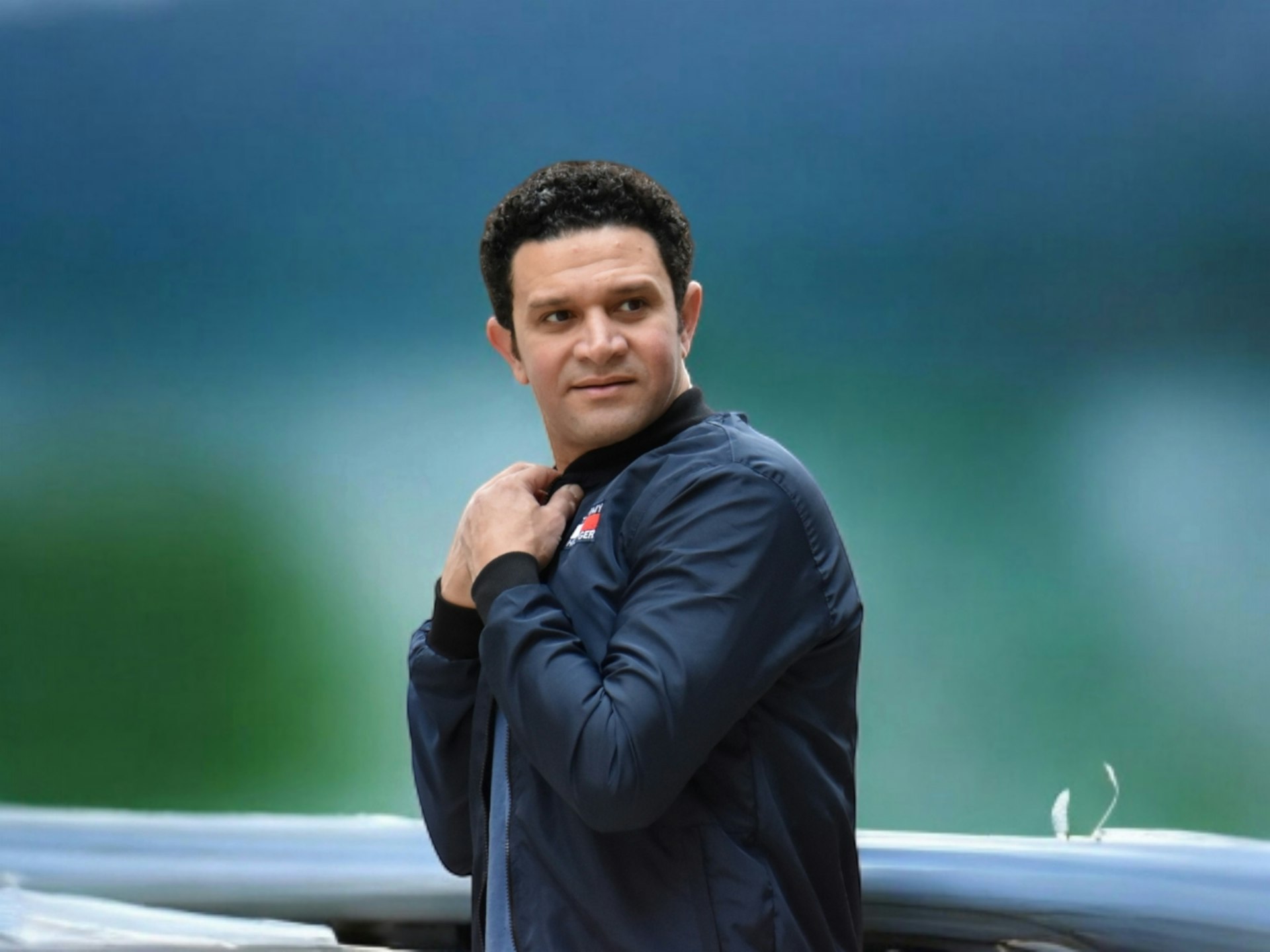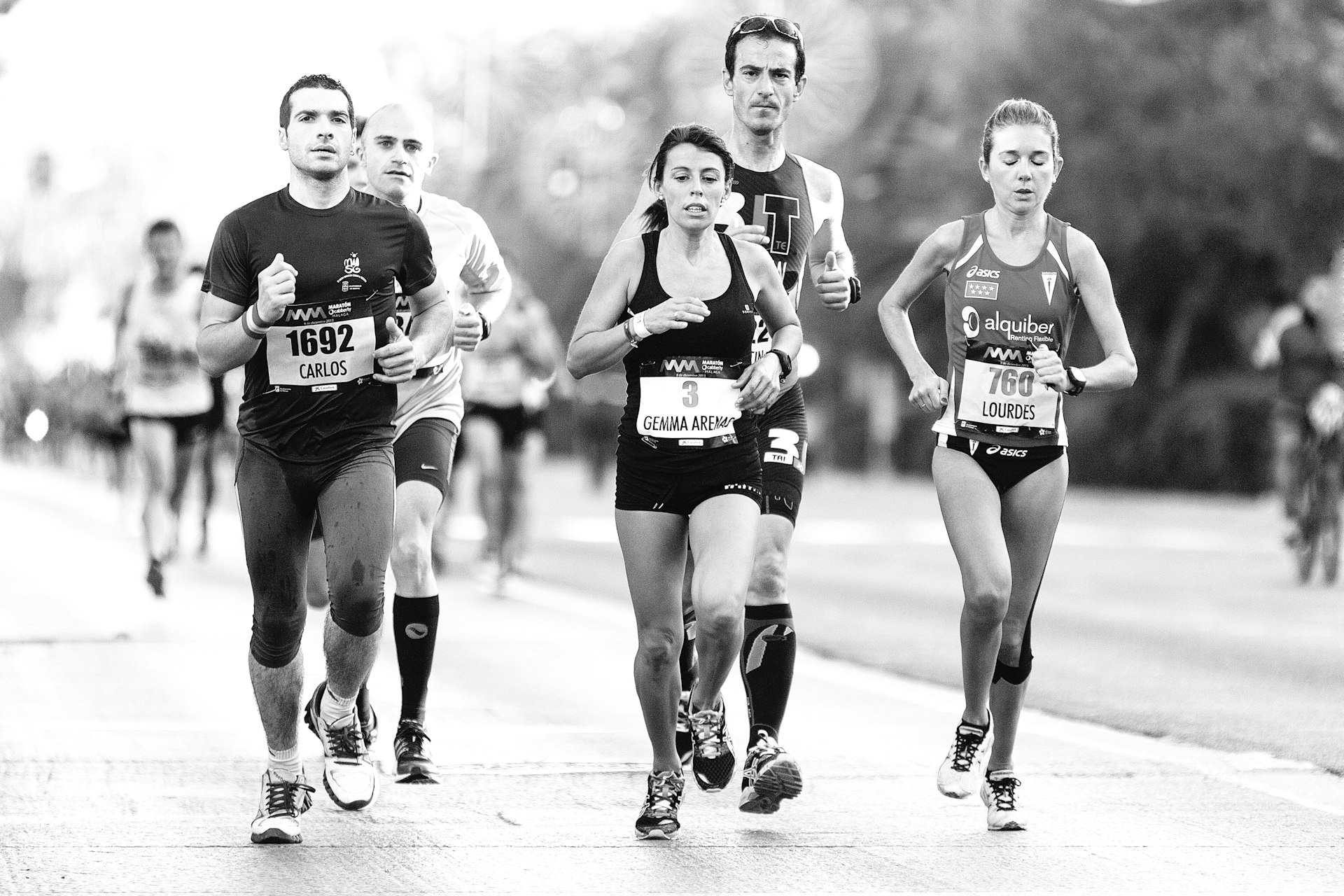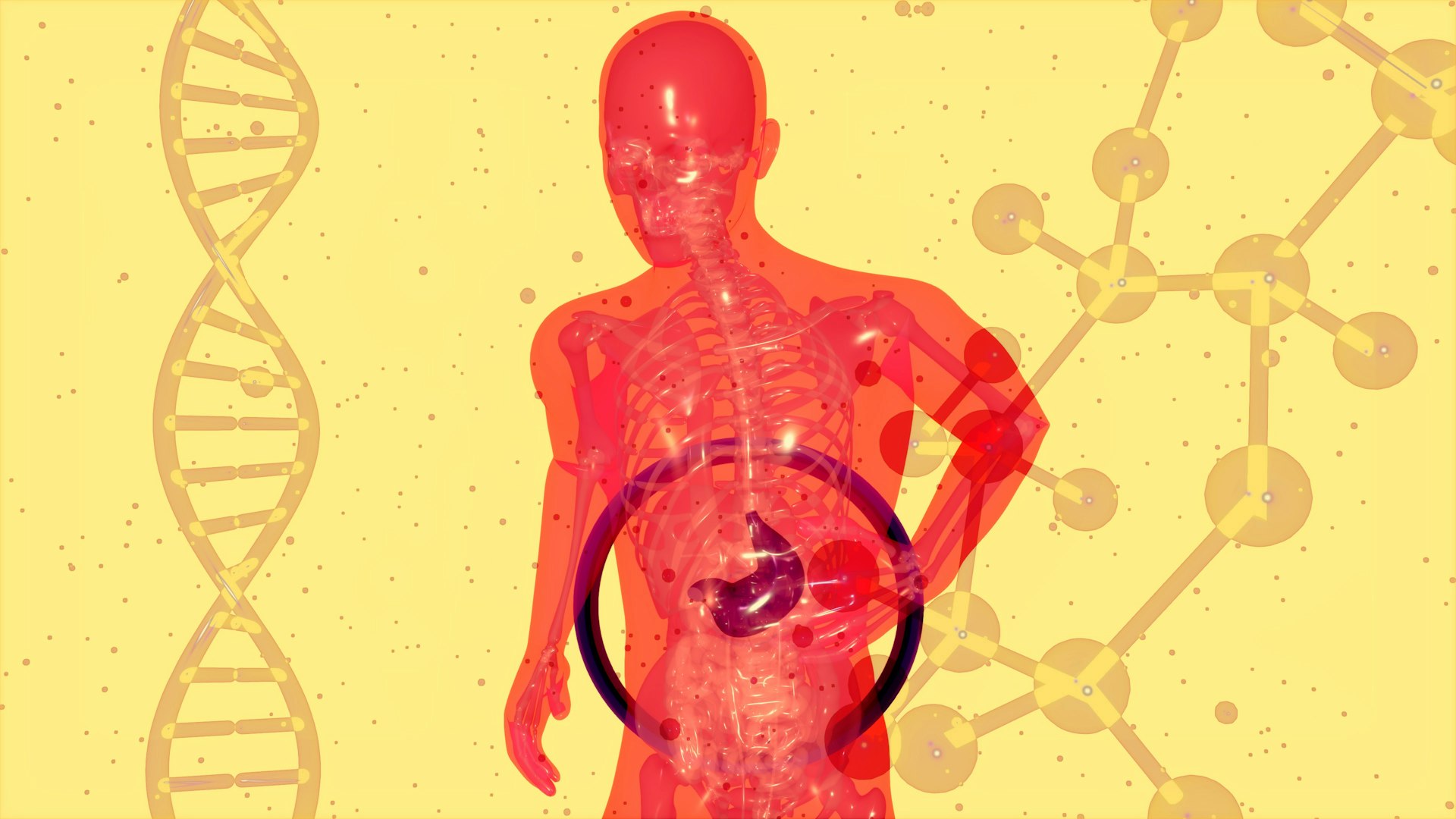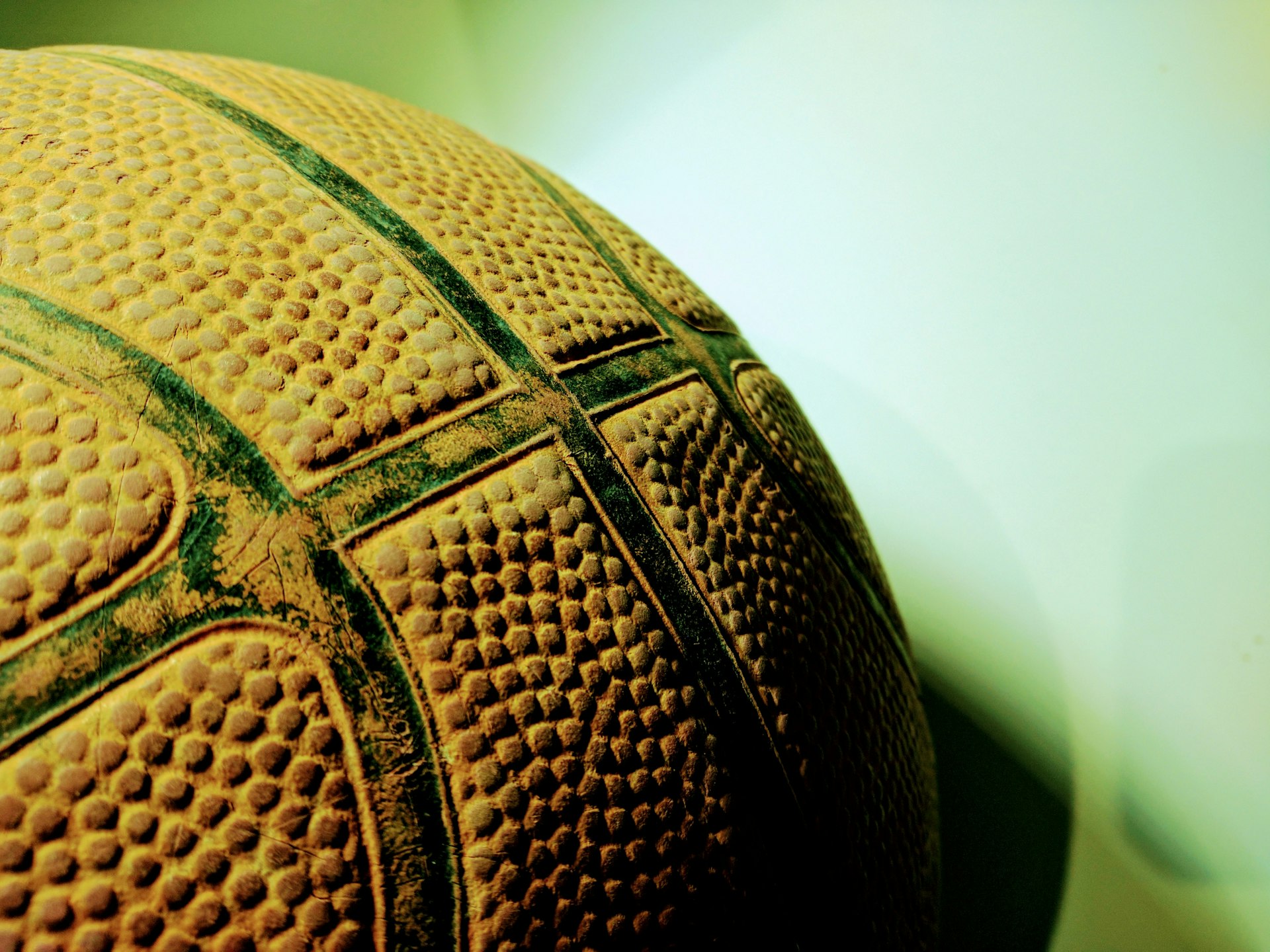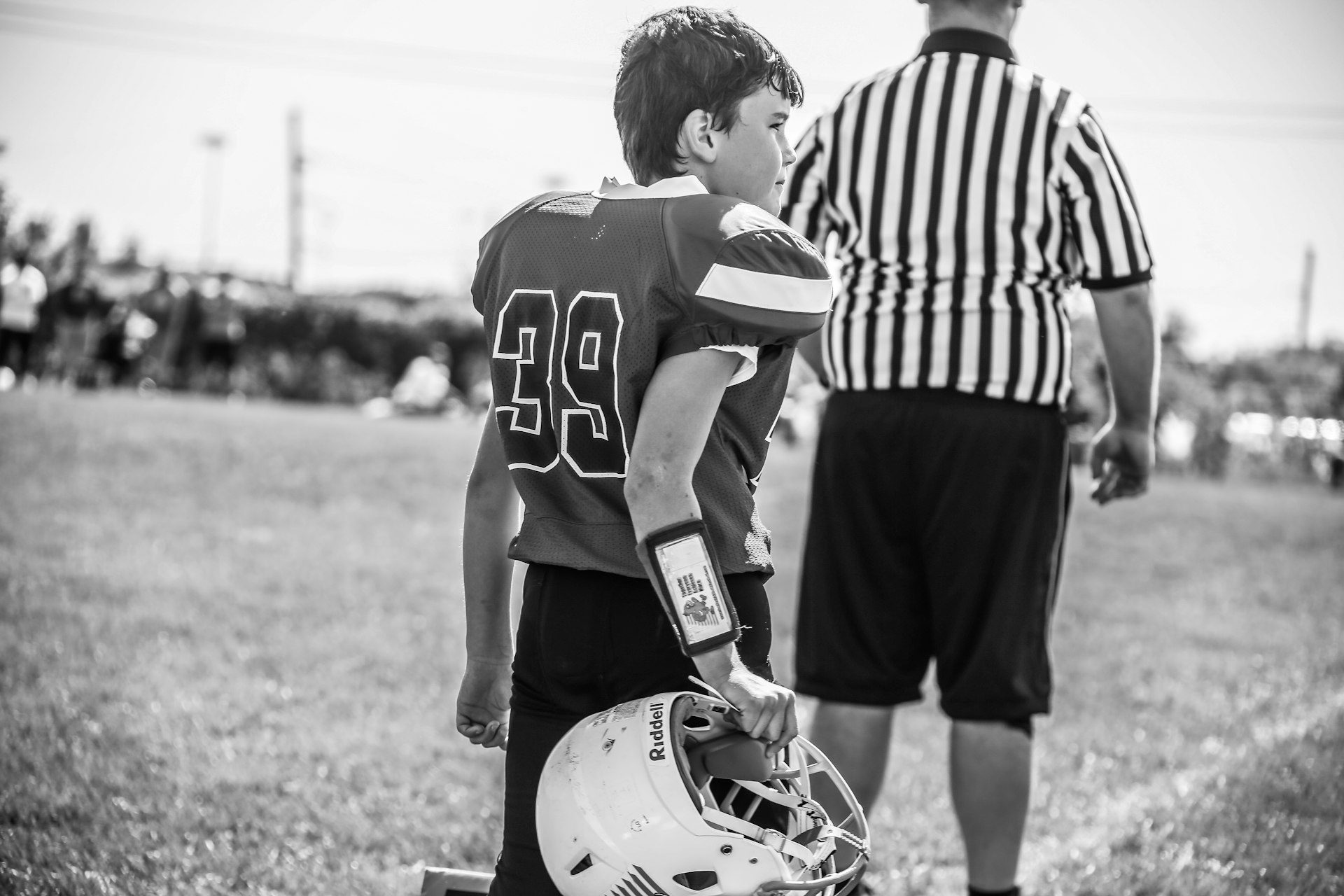Unlocking Human Potential: The Role of Genetics in Sports Performance

Photo by Quino Al on Unsplash
Understanding Genetics in Sports Performance
The pursuit of athletic excellence has long intrigued scientists, coaches, and athletes alike. While rigorous training and dedication are essential, mounting evidence shows that genetics play a significant role in determining sports performance . Over 200 genetic polymorphisms have been identified as influencing traits such as strength, endurance, speed, and injury susceptibility, with more than 20 variants linked to elite athletic status [1] [2] [3] . However, the interaction between genetics and environment (including training, nutrition, and lifestyle) is complex, and no single gene determines success in sports.
Key Genetic Factors Influencing Athletic Performance
Two of the most well-studied genes in relation to athletic performance include ACE and ACTN3 :
- ACE (Angiotensin-Converting Enzyme) : The I/I genotype is associated with enhanced endurance capabilities. Athletes with this genotype often excel in sports requiring aerobic stamina, such as long-distance running and cycling [2] .
- ACTN3 (Alpha-Actinin-3) : The R/R genotype is linked to superior performance in power and sprint activities, such as short-distance track events and weightlifting [2] .
Research has demonstrated that athlete status and many physical traits-including cardiovascular endurance and muscular strength-are highly heritable. However, no genetic variant alone can predict athletic success; instead, these variants may provide a predisposition that, when combined with appropriate training, increases the likelihood of high achievement [2] .
Epigenetics: How Training Modifies Gene Expression
Recent advances in epigenetics reveal that environmental factors and training can influence gene expression. This means that regular physical activity, targeted exercise, nutrition, and even sleep or stress management can modify the way genes are activated, further shaping an individual’s athletic potential [4] . For example, strength training has been shown to activate genes involved in muscle growth, while endurance training may upregulate genes related to oxygen utilization.
These findings suggest that, regardless of genetic makeup, dedicated training and healthy habits can help athletes reach or even surpass their perceived genetic limits.
Personalized Training and Genetic Testing
With the growing understanding of genetics in sports, some coaches and athletes are turning to genetic testing to tailor training regimens. By identifying genetic strengths and susceptibilities, these tests can help create personalized programs that may maximize performance and minimize injury risk. For instance, someone with a genetic predisposition for power can focus more on explosive exercises, while an endurance-prone athlete can emphasize aerobic conditioning [4] .
To explore genetic testing options, you can consult with a board-certified sports medicine physician or a genetic counselor specializing in sports genomics. Many academic medical centers and specialized clinics offer multigene panels that assess traits related to endurance, power, and safety. It is essential to review the credentials of any organization offering such services and ensure they comply with current ethical and medical guidelines.
Safety, Injury Risk, and Genomic Evaluation
Beyond performance, genetics can identify risks for certain sports-related medical conditions. For example, some genetic variants are associated with a predisposition to cardiac events, metabolic disorders, or susceptibility to injuries such as ligament tears. Genomic evaluations can help:
- Maximize safe participation by identifying life-threatening risks (e.g., cardiomyopathy, arrhythmia)
- Recognize conditions requiring treatment before or during participation (e.g., metabolic disorders, heat stroke risk)
- Advise on appropriate training loads to minimize injury risk
To access these services, consider contacting a sports medicine clinic affiliated with a university hospital or a recognized genetics laboratory. Ask for information on sports genomic panels, and ensure the tests are interpreted by professionals with expertise in both genetics and sports science. You may also inquire about referral pathways through your primary care provider or a local sports medicine specialist.
Limitations and Ethical Considerations
While the science of sports genetics is rapidly advancing, it’s crucial to recognize its current limitations. Most identified genetic associations explain only a portion of performance variability, and there are significant methodological challenges, including small sample sizes and inconsistent definitions of “elite” athletes [1] .
There are also ethical concerns regarding privacy, potential misuse of genetic data, and fairness in talent identification. Current consensus among experts is that genetic testing should not be used as a sole criterion for talent selection or exclusion. Instead, it should complement traditional assessments and be part of a broader, holistic approach.
Practical Steps to Maximize Athletic Potential
For those interested in leveraging genetics for sports performance, consider the following step-by-step approach:

Photo by Braden Collum on Unsplash
- Consult with a sports medicine physician or a certified genetic counselor to discuss your goals and suitability for genetic evaluation.
- Request a comprehensive fitness and health assessment, including family history and current physical status.
- If considering genetic testing, ensure the provider is reputable and results will be interpreted by qualified professionals.
- Use the findings to guide personalized training, nutrition, and injury prevention strategies, in consultation with coaches and healthcare professionals.
- Monitor progress regularly and adjust training programs as needed, keeping in mind that environment and dedication remain critical factors.
For more information, you may search for “sports genetics programs” at major academic hospitals or consult the National Society of Genetic Counselors for guidance on certified professionals in your area.
Alternatives and Additional Resources
If genetic testing is not accessible or preferred, comprehensive fitness assessments and individualized training plans remain highly effective. Many organizations, such as national sports federations and Olympic training centers, offer evidence-based athlete development programs that incorporate physiological testing, nutrition counseling, and injury prevention strategies. Searching for “athlete development programs” or “evidence-based sports training” through recognized sports medicine associations can provide further guidance.
Key Takeaways
Genetics significantly influence athletic performance, but they represent just one piece of the puzzle. Environmental factors, training, nutrition, and psychological resilience are equally crucial. Combining genetic insights with personalized training and expert guidance enables athletes to reach their full potential while minimizing risks. As research advances, expect even greater integration of genetics into sports science, always accompanied by careful ethical consideration and evidence-based practice.
References
- [1] Varillas-Delgado, D. et al. (2022). Genetics and sports performance: the present and future in elite athletes. National Institutes of Health.
- [2] Guth, L.M., & Roth, S.M. (2013). Genetic influence on athletic performance. National Institutes of Health.
- [3] Konopka, M.J. et al. (2023). Genetics and athletic performance: a systematic SWOT analysis. Frontiers in Genetics.
- [4] Lionel University (2023). Genetics vs. Training: What Truly Limits Your Athletic Potential?
MORE FROM weirdsearch.com

